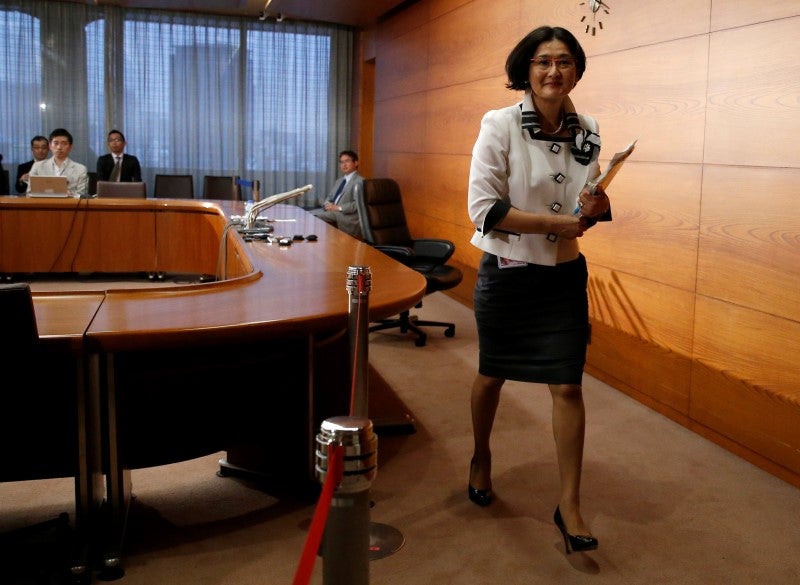
Bank of Japan board member Takako Masai has said that the global economy is on track for a rebound around mid-year and that the coronavirus outbreak does not warrant an immediate expansion of stimulus.
While acknowledging that the coronavirus epidemic represents a major risk to the global economy and may hurt Japanese business sentiment, Masai expects manufacturing to pick up and lead to a rebound in the global economy.

Access deeper industry intelligence
Experience unmatched clarity with a single platform that combines unique data, AI, and human expertise.
She reiterated the BOJ’s position that the Japanese economy will expand moderately due to strong capital expenditure and an increase in global manufacturing expenditure.
“My assessment is that if these developments continue, overseas economies will pick up through the first half of 2020,” she said.
She expressed concerns that a prolonged, extra-low interest rates could encourage investors to take on excessive risks. She also worried that near-zero interest rates could hurt economic activity by reducing returns of pension products.
“Nonetheless, in my view, it is still essential for Japan to persistently continue with the current monetary policy to overcome deflation completely,” she said.

US Tariffs are shifting - will you react or anticipate?
Don’t let policy changes catch you off guard. Stay proactive with real-time data and expert analysis.
By GlobalDataYield-curve control
She added that he BOJ will persistently devise measures considered necessary at the time, while paying careful attention to the benefits and costs of its policy.
Under a policy dubbed “yield-curve control,” the BOJ guides short-term rates at minus 0.1 percent and the 10-year government bond yield around 0% as part of efforts to hit its elusive 2% price goal.
Japan’s economy likely suffered a contraction in the final quarter of last year, as October’s sales tax hike and slowing global demand hurt consumption and exports.
The BOJ expects the economy to recover this year and help fire up inflation toward its target, clinging to hopes that global growth will rebound around mid-year and underpin exports.
But the widening fallout from the coronavirus has cast doubt on the central bank’s rosy projection, putting it under pressure to maintain or even expand its massive stimulus.
The BOJ’s nine-member board is split between those who see room to expand stimulus, and others who are reluctant to do so on worries over the rising cost of prolonged low rates, such as the hit to financial institutions’ profits.







